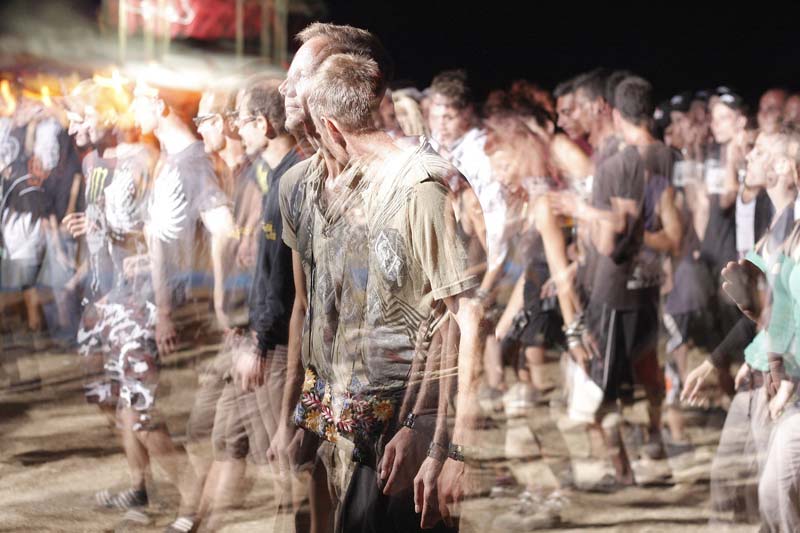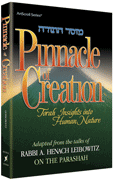
How to perform resurrection
“The days approach that you [Moses] must die.”
— Deut. 31:14
The Torah definition of life and death goes far beyond having a regular pulse and respiration.
In explaining
the above verse, the Midrash (Tanchuma, Vayeilech,
par. 4) tells us that a rasha — an evil person — is considered
as dead, even though he seems to be healthy
and alive. Why?
Because his physical body may be alive and well, but
in spirit he is dead and buried.
Man is endowed by the Divine with abilities of perception and
understanding. We can see and recognize the beauty and complexity
of the universe and thereby can come to realize the greatness
of the Designer and Builder of all creation. This realization
triggers an automatic outpouring of gratitude and praise
to Him for these delightful wonders. As we look at the world
around us, we are constantly bombarded by "everyday miracles"
and the astonishingly harmonious interaction of all the forces of
nature. Seeds grow into plants. Babies are born. Our hearts beat
unceasingly every minute of the day. Our eyes see, our ears hear.
Anyone who does not respond to these stimuli by praising the Creator is considered to be in a spiritually comatose state similar to death. Because the evil person does not appreciate the blessings of life bestowed upon him, not only does he not live life to the fullest, he does not live at all. If we, on the other hand, understand that the Divine renews creation everyday and we appreciate each new sunrise and every heartbeat as another gift from the Almighty, we will truly experience life and its pleasures.
Rabbi Nosson Zvi Finkel, known by the by the Yiddish appellation "The Alter of Slabodka" (1849-1927), suggested that we observe
an infant as it begins its life in this world. At first he or she stares
blankly into space. By the third month he or she visually
follows an object and even begins to reach out
to grab it. Soon this baby will make sounds and sit
upright, eventually will walk, talk, and have a complete repertoire
of fully developed motor and mental skills.
| INSPIRED BY THIS ARTICLE? BUY THE BOOK ... | |
 at a discount by clicking HERE . at a discount by clicking HERE . | |
All of these developmental stages, the Alter
explained, occur to each of us every day. When we are asleep, our
metabolisms are slowed and our conscious functions
are completely incapacitated. Nevertheless,
each day the Divine opens our eyes and returns our
skills and talents to us. The Alter of Slabodka emphasized that we
must appreciate our abilities as if they were suddenly bestowed
upon us this very day and we must rejoice each morning just as a
mother celebrates each step of her child's maturation.
The more we open our eyes and minds to appreciate the
blessings of creation that the Almighty constantly bestows upon us,
and the abilities that are rejuvenated in our bodies every day, the
more we can be considered vibrant and alive.
.
(COMMENT, BELOW)
Rabbi A. Henach Leibowitz was the dean of the Rabbinical Seminary of America, in Queens, New York for more than 50 years. The institution has branches and affiliates all across North America and Israel. This article was prepared by two of the sage's disciples, Rabbi Aryeh Striks and Rabbi Shimon Zehnwirth, and excerpted from "Pinnacle of Creation: Torah insights into human nature".


 Contact The Editor
Contact The Editor
 Articles By This Author
Articles By This Author